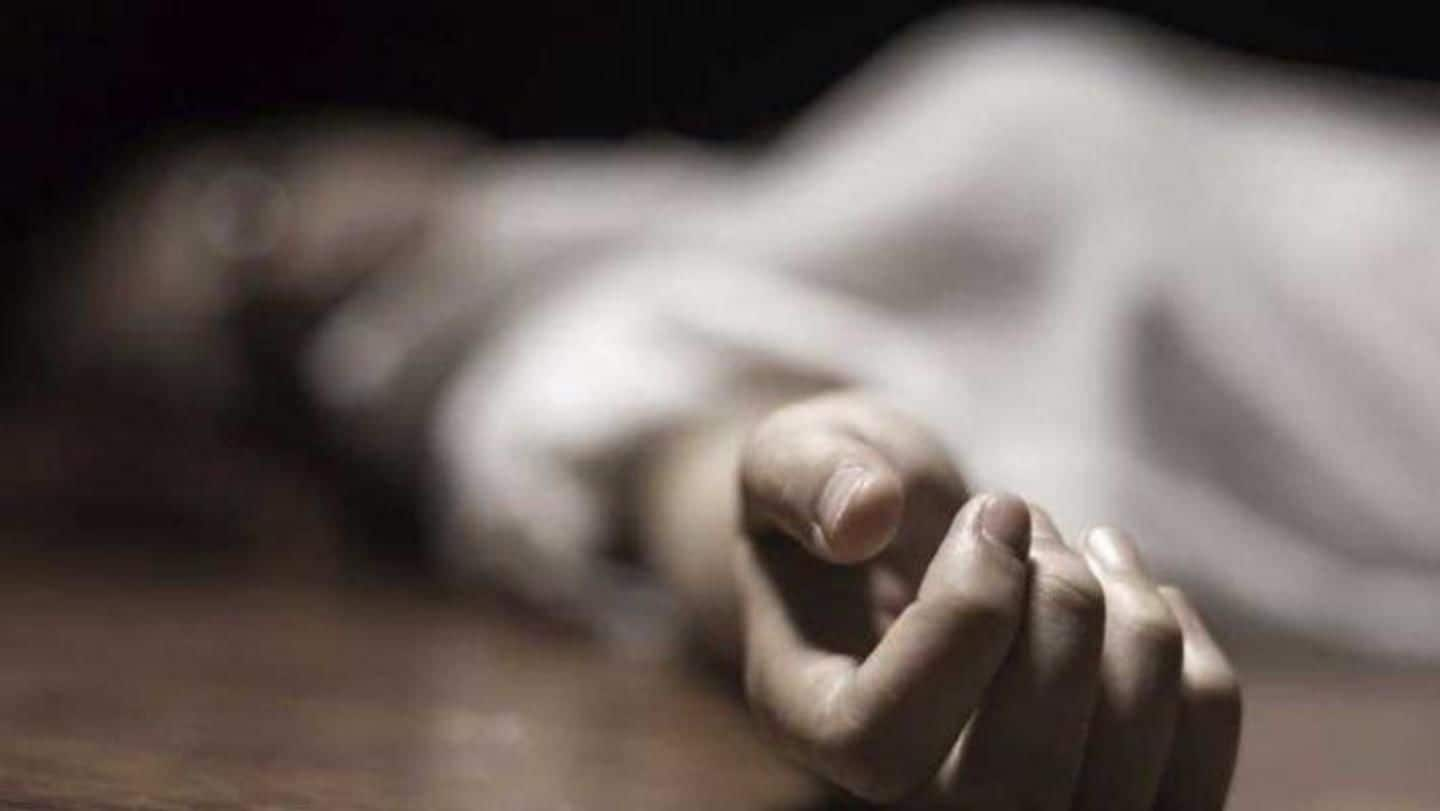
Maharashtra: Another man ends life over Maratha quota in Aurangabad
What's the story
A 35-year-old man allegedly committed suicide by jumping in front of a moving train in Aurangabad in Maharashtra over the Maratha quota demand. The man, identified as Pramod Jaising Hore, had posted a message on Facebook and shared a message on WhatsApp yesterday, saying he would be ending his life in support of the reservation demand. Here are the details.
Quote
Here is the suicide note by Hore
In his message on Facebook, Hore had said in Marathi, "Chala aaj ek Maratha jaatoy, pan kahi tari Maratha arakshanasathi kara, jai jijau-aapla Pramod Patil (today one Maratha is leaving... but do something for the Maratha reservation)"
Death
Hore was preparing for the Maharashtra Public Service Commission exams
The man, who was preparing for the Maharashtra Public Service Commission exams, later posted another message, saying "Maratha reservation will claim one life." Many of Hore's friends had requested him not to take the extreme step, but he apparently did not pay heed. His body was found on the railway tracks this morning, an official said.
Details
Family denies to take body until decision on Maratha-quota issued
On learning about Hore's suicide, a large number of people gathered outside his house. His family members said they will not take possession of the body until the state government takes a final decision on the issue of Maratha reservation. Further, he used to run a shop in Mukundwadi and his wife was working as 'gram sevika' (a village-level functionary).
Maratha protests
Marathas seeking 16% reservation in govt jobs, education
Meanwhile, pro-reservation activists staged a 'rasta roko' (road blockade) on the Jalna Road in Aurangabad today to press for their demands. Three protesters had died in the last one week during the ongoing agitation by the Maratha community, which is seeking 16% quota in government jobs and education institutes. Notably, the politically influential community constitutes around 30% of the state's population.